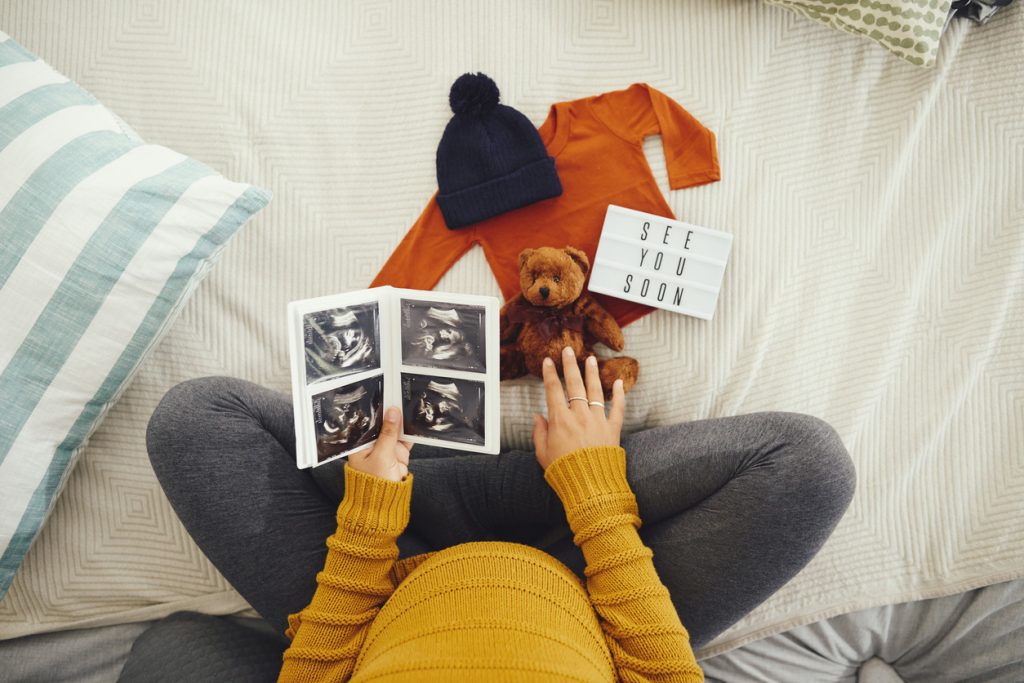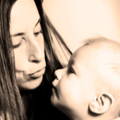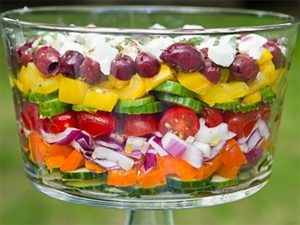40-Something Pregnancies Are No Longer Unusual

In 2013, Halle Berry shocked women everywhere when she announced she was expecting a baby with Olivier Martinez. Berry, who has a 6-year-old daughter from a previous marriage, was 46 years old when her second baby, a son named Maceo Robert Martinez, came into the world. The actress shared, “I didn’t think it was possible at my age, honestly. I was, you know, on my way. This is probably way TMI, but I was kinda premenopausal, so to have this happen was huge!”
It’s not TMI. Coincidently, I had just written last week about my worries about entering the very unsexy stage of pre-menopause, after two nights waking up at 4 a.m., feeling like I was burning from the inside. And yes I have gained weight, thinking it was COVID-related, but perhaps it was menopause related, which seems to be the number one complaint of those entering this stage of life. I wrote about my COVID-weight gain here.
Of course, I went to get my blood work done. Two days later, I couldn’t help but laugh when my doctor left me a message saying, “Your blood work looks good. You don’t have any thyroid problems, and you’re not pregnant.” It was funny because I had no idea that one of the 245 vials of blood she had taken was to see if I were pregnant. She never even asked if that was a possibility! (The chance is nil. My boyfriend had a “snip snip” years ago!) But it made sense, I suppose, to throw that pregnancy test in, even though I’m 46. “Forty-something pregnancies are no longer particularly unusual.”
In 2016, for the first time, women giving birth in their 30s outnumbered women who gave birth in their 20s. And birth rates have gone up the fastest for women over 40, rising 19 percent since 2007.
A couple of months ago, The New York Times wrote that more than 100,000 Americans give birth in their forties each year. Overall the U.S. birth rate may be declining, but this age category is “bucking the trend.” This, obviously, could be both seen as a blessing or a curse, depending on how badly you want a baby, or how much you really don’t. I already gave birth to my beautiful son, Holt, one month after I turned forty.
One doctor said these forty-something pregnancy trends are reflected in her practice, which tends to include at least one patient in her 50s at any given time! Fifty! Who else comes to mind immediately when you hear of a mature woman getting pregnant, or in doctor lingo, at an “Advanced Maternal Age?” Janet Jackson, for one. She became pregnant with her first child at 49. Even my jaw dropped when I first saw a photo of her well along in her pregnancy. To be perfectly honest, while I was thrilled for her, it was a little odd to see her so pregnant, knowing her age.
I 100 percent blame the media and many doctors for making it seem like women are going to majorly struggle to get pregnant after the age of 35. I mean, don’t they read even read the odd tabloid? Gwen Stefani gave birth to her third child at age 44. I do believe that whoever came up with the number “35 or it’s not gonna happen or if it does, it will be much harder” has done a huge disservice. Why? Because you’ve made many women become unnecessarily stressed out. Even the doctor who did my son’s father’s vasectomy, 8 years ago, said to me at the time, “At your age, it could take up to a year.” To which I thought, “Don’t be so negative dude.”
I also learned about a US Senator, Tammy Duckworth, who had her first baby at 47 and got pregnant again at age 49. Her fertility doctor told her “50 is the new 40.” Obviously, then, this view that 35 is the scary number for those who want to have babies, and the doctors who still think 35 is an “advanced” age have made it seem like getting pregnant is a ticking-time-bomb which will bring out all sorts of unnecessary neuroses. Some specialists are finally saying that many common impediments to fertility have nothing to do with a woman’s age — like a decline in sperm counts. “In truth, the cliff isn’t usually 35, or even necessarily 40; it’s probably closer, on average, to 44 or so, though donor eggs can stretch those numbers further, and everyone is different.”
Even Vogue, still the bible for fashionistas, interestingly covered this topic, agreeing that the 40-to-44 and 45-to-49 age brackets are the ones in which U.S. birth rates are rising fastest. The writer, who adds her own experience about getting pregnant later shares, “This phenomenon is particularly easy to observe in cities like New York and Los Angeles, where career and coupling are competitive sports, and where my own obstetrician reassured me, during my first ultrasound last year at age 39, that more than half his patients were older than I was.” I highly suggest you click here to see beautiful slides of pregnant women over the age of forty, their reasons for late childbearing and how they feel about it.
In this article, “I Had a Baby at 40, and it Was Awesome!” I had to laugh when reading, “One doctor had the gall to call me a “geriatric mother.” I wanted to punch him in his kidney. I think he could tell because he followed up with, “I know it sounds strange, but that’s what they call it.” If someone had said those words to me when I was pregnant with my son, I would have done more than punch him. I probably would have walked out and looked for a new doctor. Never once when I was pregnant did any doctor demand I do anything different than I did when I had my daughter, at age 29. Not one nurse made me feel old.
I also giggled when the writer says her mother told her, “You should have kids when you’re too young to know better.” I could change that to, “You should have kids when you’re old enough to know better.”
Quite frankly, I’m not sure if having a baby at 29 and one at 40 was all that different. I was no more or less tired. I still had career goals during each pregnancy. Both kids growing in me resulted in an insane amount of weight gain. I suffered from Postpartum depression with both, although with my son, I was prepared for it. Just because I had a baby at 40 does not mean I’m not still trying to figure out who I am, or what I want to do with my life. I’m still pretty free-spirited with each kid. Other than that? Well, my daughter was conceived while her father and I were drunk, so she wasn’t planned. My son, however, was very MUCH planned.
If 50 is the new 40 when it comes to fertility, then having a kid in your forties is not all that unique, it seems. A pregnancy after 35 is sometimes called “high risk,” but, nowadays? It’s important to put the facts in context. “The most likely outcome of a pregnancy for a woman in her 40s, once you get past the first several weeks, is normal,” Dr. Humphrey says.
Forget about that number 35. Forty-something pregnancies are no longer “particularly unusual.” Still, I am happy that my pregnancy test, that I had no idea my doctor was taking, came back negative. I don’t want to be told, “Cute baby! Do you have your senior discount card on you for the diapers?” But, it seems, more and more likely, this will become the norm for many new mommies.












